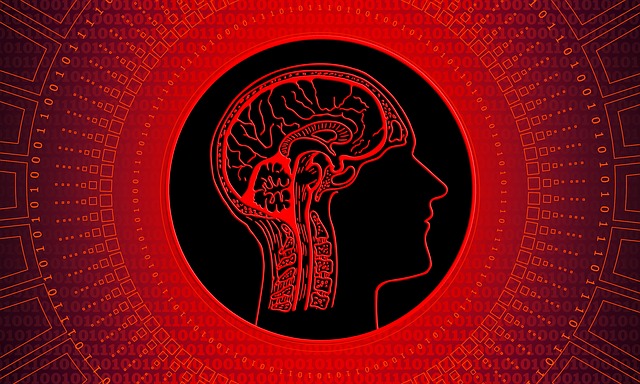In this 2018 article originally published by Aeon, author Robert Epstein provides us with several compelling arguments on why human minds can never be truly downloaded to a computer. Here are some of the arguments Epstein put forward:
Human minds do not work like computers.
Our brains do not store words, images, or create representations of such. Our experiences are not buffered in a short term memory storage and then transferred to long term memory storage where they can be accurately retrieved later on. Instead, we are born with the innate capacity to interact with the world effectively. From birth, we pay special attention to important information (such as moving our heads to follow the voices of our mothers), and make connections (every baby is an instant ice-breaker, with even the most grim and determined person reduced to a cooing adult).
This is how we learn, how we are able to change ourselves so that we can interact effectively in a world so different from what our ancestors have experienced.
Computers process information. Human minds do not.
In a computer, every single word, image, and stimuli, has to be coded with an unchanging pattern. Everything computers do are guided by code, by algorithm.
For many years, governments, corporations, indeed even scientists have tried to control the way we think and act through social engineering, advertising, and other such technologies. But unlike computers, human minds tend to break through the programming in order to create something new. Humans know to call for change. Revolutions happen.
The human mind explained in metaphors
Epstein stresses that despite all the scientific studies launched about the human brain, we are still very far from truly understanding how the human brain works. He says that the way we understand the human brain today cannot hold, simply because it cannot fully explain the nature of humans.
Over time, our understanding of the human mind has been through metaphors, with each metaphor changing with the most advanced technology and philosophy of the era.
The currently prevailing one, the Information Processing theory, has prevented us from seeing our unique capacities in context, and in the process, has prevented us from discovering who we truly are as humans.
No immortality through mind uploading
Epstein says that immortality through mind uploading can never be achieved due to the uniqueness problem which states that external stimuli changes the brain of individuals in different ways. Through we may all have the same basic structures in our brains, the way it is wired, how it interprets stimuli, how it integrates information, is fully independent on our previous experiences.
To understand the meaning of the current physical state of the brain, one must understand the entire life history of that brain’s owner. In a sense, brain patterns mean nothing outside of the brain that produces its signals. Even if the Human Brain Project were successful at mapping all the synaptic connections of the brain, whatever they produce
Implications for AI
Many scientists think that in order to solve the alignment challenge of AI, one merely needs to understand how the human brain works. Epstein’s article shows that indeed, it is impossible to do so, even with
The article also shows us the unique power that all humans are born with - the capacity to learn. This capability enables us to make connections, hence ensuring that our capacity to create new knowledge is unlimited, if only our minds were allowed to function unencumbered.
Lastly, the promise of immortality through mind uploading breaks down. Continuing down this road utilizing a materialistic perspective will waste money, time, and other previous resources which could be best utilized to solve the world’s more pressing social problems which hinder humans from achieving their full potential.
Read Original Article
Read Online
Click the button below if you wish to read the article on the website it was originally published.
Read Offline
Click the button below to read the original article offline.
You may also like
-
Consciousness Is Not In The Brain: What The Science Shows
-
Study shows highly creative people have “unique brain connectivity”
-
Breakthrough study shows defining traits are forged the moment we’re born
-
Study finds a single neuron is a complex system
-
Study Shows The Heart & Brain Responding To Future Events Before They Happen
